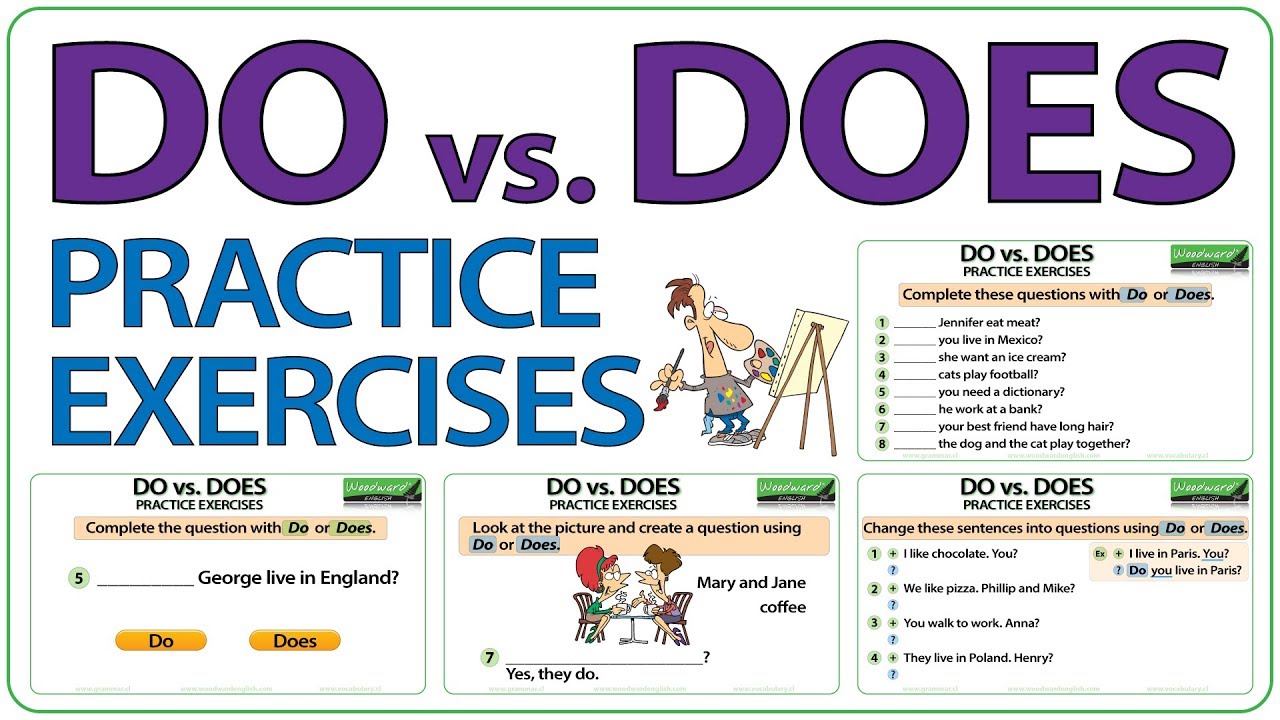Understanding Hypothecation in Real Estate: How Collateral Secures Your Property Loan
What Is Hypothecation in Real Estate?
Hypothecation in real estate is the practice where a borrower pledges their property as collateral to secure a loan while continuing to own and use that property. Unlike other forms of collateralization that may require handing over possession, hypothecation allows you to keep living in or using your property during the loan term. The lender gains a legal claim-often a lien-against the property, which can be exercised if you default on the loan [1] , [2] , [5] .
How Hypothecation Works: Step-by-Step
Understanding the mechanics of hypothecation is crucial for both borrowers and lenders. Here’s how it typically works in a real estate context:
- Loan Agreement: You enter into a written agreement with a lender, such as a bank or private financier. This agreement specifies the terms of the loan, repayment schedule, interest rate, and the property being pledged as collateral [5] .
- Retention of Ownership: As the borrower, you retain legal ownership and possession of the property. You can continue to live in your home or use the asset as you see fit.
- Lender’s Rights: The lender places a lien on the property, giving them the right to take possession and sell the property if you default on the loan. This process is known as foreclosure in the U.S. [1] .
- Repayment: As long as you make agreed-upon payments, you maintain all rights of ownership and use.
- Release of Lien: Upon full repayment, the lender releases the lien, and your property is no longer at risk from that loan agreement.
This structure is most commonly seen in mortgages for homes, commercial property loans, and sometimes in owner-financed real estate transactions [3] .

Source: fortunebuilders.com
Real-World Applications and Examples
Hypothecation is not just a technical term; it forms the backbone of everyday mortgage lending:
- Residential Mortgages: When buying a home, you typically use the property itself as security for the mortgage. Even though the lender has a claim, you live in the home and retain legal title until the debt is paid.
- Commercial Real Estate: Investors often use hypothecation to secure loans for office buildings, retail spaces, or other income-producing properties. The property serves as collateral while tenants occupy and generate income.
- Owner Financing: In some transactions, the seller provides a loan and takes a security interest in the property being sold. This is another form of hypothecation [3] .
- Advanced Investing: Experienced investors may even use hypothecation creatively-using promissory notes or existing loans as collateral to access additional funding for new purchases [4] .
For instance, a homeowner may take out a home equity loan, using their house as collateral, to fund renovations, a new investment property, or other financial needs.
Key Legal and Financial Implications
There are important legal and financial factors to keep in mind when considering hypothecation:
- Default Consequences: If you fail to repay the loan, the lender has the right to foreclose-meaning you could lose your property. This is a core risk of hypothecation [1] .
- Credit Impact: Foreclosure or repossession resulting from default can have severe negative effects on your credit score and ability to borrow in the future.
- Legal Process: The specifics of foreclosure and lender rights vary by state and country. Typically, the process is spelled out in your loan agreement and governed by local law.
- Lender Security: Lenders are more willing to offer loans or better terms when they have hypothecated collateral, since it lowers their risk profile [2] .
It’s essential to read all agreements carefully and understand the full ramifications before entering a hypothecation arrangement. Consulting with a real estate attorney or financial advisor is strongly recommended.
How to Access Real Estate Financing Through Hypothecation
If you’re seeking to finance a property using hypothecation, follow these key steps:
- Assess your financial situation and determine how much you can afford to borrow and repay.
- Research reputable lenders, including banks, credit unions, and mortgage brokers. Ask about their hypothecation and collateral requirements.
- Gather necessary documents, such as proof of income, credit reports, property appraisals, and title deeds.
- Submit a formal loan application, specifying that you will hypothecate your property as collateral.
- Carefully review all loan documents, focusing on repayment terms, interest rates, default procedures, and your rights as a borrower.
- If approved, sign the loan agreement and any associated hypothecation or mortgage documents. The lender will then place a lien on your property as security for the loan.
- Maintain timely payments to avoid default and protect your property rights.
- Upon full repayment, ensure the lender files the necessary documents to release the lien or security interest.
For guidance, you can contact a licensed mortgage broker, your bank’s lending department, or a real estate attorney. State and federal agencies such as the Consumer Financial Protection Bureau (CFPB) also provide resources on borrowing and property rights. To find local programs or assistance, search for “state real estate financing programs” or “first-time homebuyer assistance” with your state’s name.
Potential Challenges and How to Address Them
While hypothecation unlocks valuable financing options, it’s not without challenges. Common issues include:
- Risk of Foreclosure: Defaulting on the loan means you could lose your property. Always borrow within your means, and consider building an emergency fund to cover payments if your income changes.
- Complex Documentation: Real estate agreements can be complicated. If you are unsure about any terms, consult with a legal or financial expert before signing.
- Changing Property Values: If the property’s value drops below the loan balance, you may owe more than the property is worth. This risk is called being “underwater.” Lenders may require private mortgage insurance (PMI) or other protections in such cases.
- Limited Flexibility: Some lenders restrict your ability to refinance or sell the property while it’s hypothecated. Review your agreement for prepayment penalties or transfer limitations.
Planning ahead, maintaining open communication with your lender, and keeping thorough records will help you manage these challenges effectively.
Alternatives to Hypothecation
If you prefer not to use your property as collateral or want to explore other financing options, consider:
- Unsecured Loans: These loans do not require collateral but often come with higher interest rates and lower limits.
- Personal Loans: Some lenders offer personal loans based on your creditworthiness alone, though amounts may be limited.
- Government Programs: Federal agencies such as the Federal Housing Administration (FHA) and the Department of Veterans Affairs (VA) offer loan programs with lower down payment requirements and special terms. Visit the official websites for these agencies or consult your lender for eligibility details.
- Partnerships or Joint Ventures: You may be able to partner with investors, friends, or family members to finance a property purchase, sharing risk and reward.
To identify the best alternative, assess your financial situation, long-term goals, and risk tolerance. Research multiple lenders, and always compare offers before committing.

Source: businvestor.com
Key Takeaways and Next Steps
Hypothecation is a powerful tool in real estate financing. It allows you to use your property as collateral while keeping full use and ownership-until the loan is paid off. This arrangement gives lenders security and borrowers access to capital. However, it also carries the risk of foreclosure if you default.
If you’re considering hypothecation for your property:
- Evaluate the pros and cons for your situation.
- Consult with a real estate or financial professional before signing any agreement.
- Maintain good financial habits and keep communication lines open with your lender.
For more information, contact your local real estate association, lender, or search for “hypothecation real estate” with your region for state-specific guidance.
References
- HelloData (2023). What is Hypothecation in Real Estate?
- MasterClass (2021). Hypothecation in Real Estate: How Hypothecation Works.
- Seascape Capital (2023). Understanding the Hypothecation Loan in Real Estate.
- Montegra (2024). How Hypothecation in Real Estate Works.
- Leni (2025). Hypothecation in Real Estate: Meaning & Key Differences.



